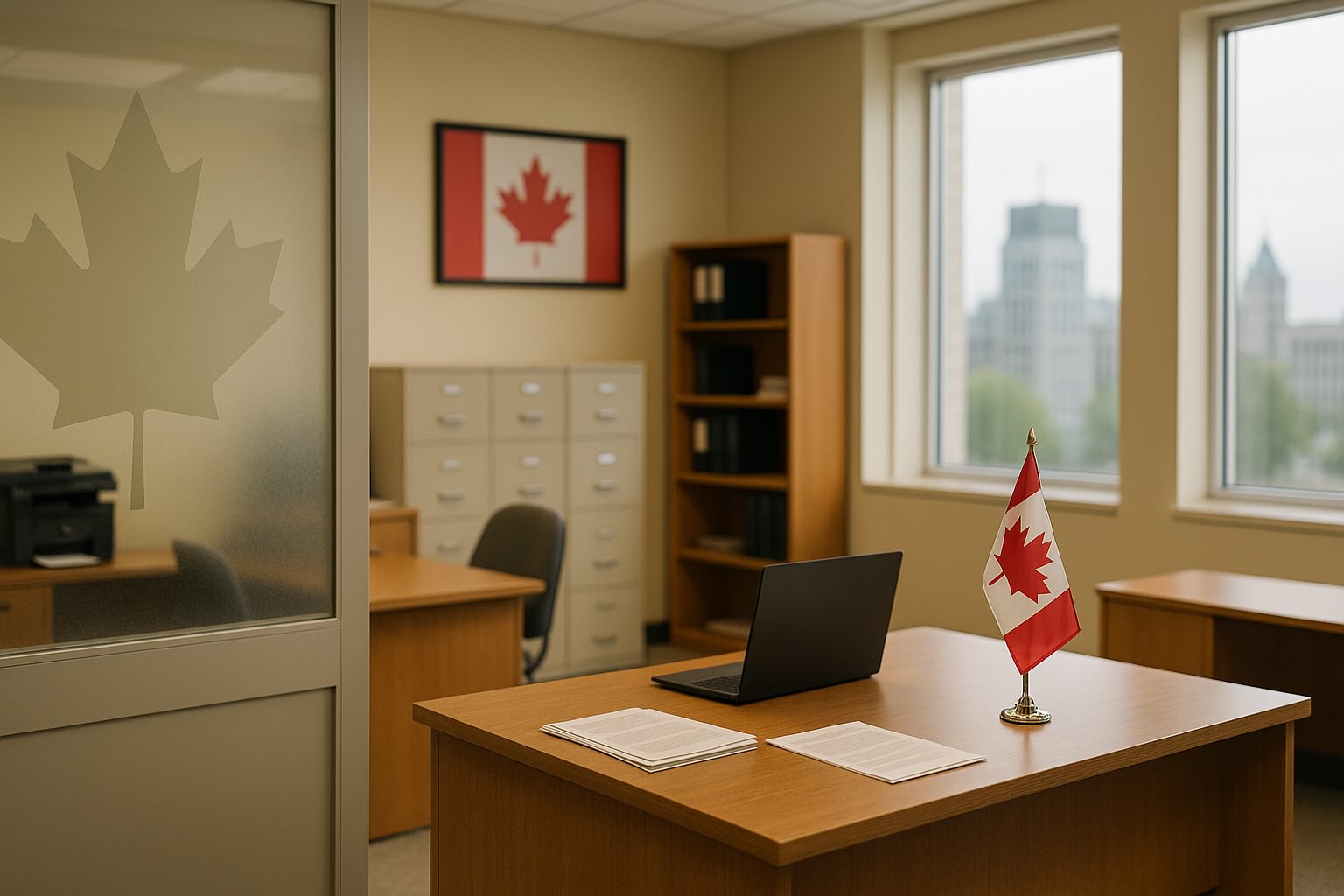
1. Background and Core Provisions
Introduced on October 7, 2025, Bill C-12 is currently under second reading in Parliament. Building upon the earlier Bill C-2 framework, it seeks to give the federal government greater flexibility in managing program integrity and operational capacity.
The proposed law would amend the Immigration and Refugee Protection Act (IRPA), providing the Minister with ongoing authority to suspend or terminate application processing when systemic backlogs threaten efficiency. Unlike previous temporary measures passed through budget implementation acts, Bill C-12 would institutionalize this discretionary power as a standing tool for immigration management.
2. Why the Start-Up Visa Program Is in Focus
The Start-Up Visa program has seen a surge in demand in recent years. As of mid-2025, approximately 42,200 applications (including 17,900 principal applicants) remained pending. Many have waited more than three years, and for those tied to non-compliant incubators, the estimated processing time could extend beyond a decade.
According to Ministerial Instructions MI72, effective April 30, 2024, designated business incubators must meet specific compliance and operational standards to maintain active designation. However, only 12 of 56 designated incubators currently meet those standards — about 21.5% of the total. The remaining 78.5% are considered non-compliant, meaning applicants supported by these organizations could face cancellation if Bill C-12 passes.
Policy experts estimate that between 15,000 and 25,000 Start-Up Visa applications could be directly affected.
3. Backlogs and Transparency Concerns
IRCC’s publicly posted processing times have come under scrutiny for being “misleading or non-representative.” Industry observers argue that these estimates are being used strategically to deter new applicants — particularly those unaware of internal program limitations.
Only a small number of applications backed by compliant incubators or genuine venture capital commitments benefit from “priority processing.” The gap between official timelines and actual results has created growing skepticism toward the transparency and predictability of the immigration system.
4. Legal Remedies for Affected Applicants
If Bill C-12 passes and leads to mass cancellations, affected applicants would have limited but defined legal options:
- Judicial Review: Applicants may apply to the Federal Court to challenge IRCC’s decision on procedural fairness or legal error.
- Reconsideration Request: Applicants can request that IRCC reassess their case if new evidence or circumstances emerge.
- Administrative Appeal: Certain immigration categories allow appeals to the Immigration Appeal Division (IAD), though the SUV program typically does not.
- Fee Refunds: Application fees would be refunded in the event of termination, though third-party service or consulting fees are not covered.
- Re-application: Applicants may file new applications under compliant incubators but would face stricter eligibility scrutiny.
Legal experts caution that unless IRCC is found to have breached fairness or statutory limits, success in judicial reviews is unlikely.
5. Broader Legislative Implications
Bill C-12’s framework is intentionally broad, allowing future application across other immigration streams such as the Federal Skilled Worker (FSW) and Provincial Nominee Program (PNP) classes. This flexibility would enable IRCC to realign processing volumes and improve system responsiveness while maintaining control over overall immigration levels.
6. Guidance for Applicants and Designated Entities
- Monitor Legislative Progress: Stay informed on the parliamentary status and potential amendments to Bill C-12.
- Choose Compliant Incubators: Work only with designated entities that meet MI72 compliance requirements.
- Avoid High-Risk Submissions: Exercise caution with non-compliant or newly listed incubators.
- Retain Documentation: Keep all contracts and correspondence for potential legal or administrative recourse.
Conclusion
Bill C-12 marks a potential turning point in Canada’s immigration management strategy. While its stated goal is to reduce inefficiency and backlog, its implementation could have significant consequences for thousands of Start-Up Visa applicants who have already invested years — and resources — into their immigration journey. For future applicants, careful due diligence and adherence to compliance standards will be essential to navigating the evolving Canadian immigration landscape.









